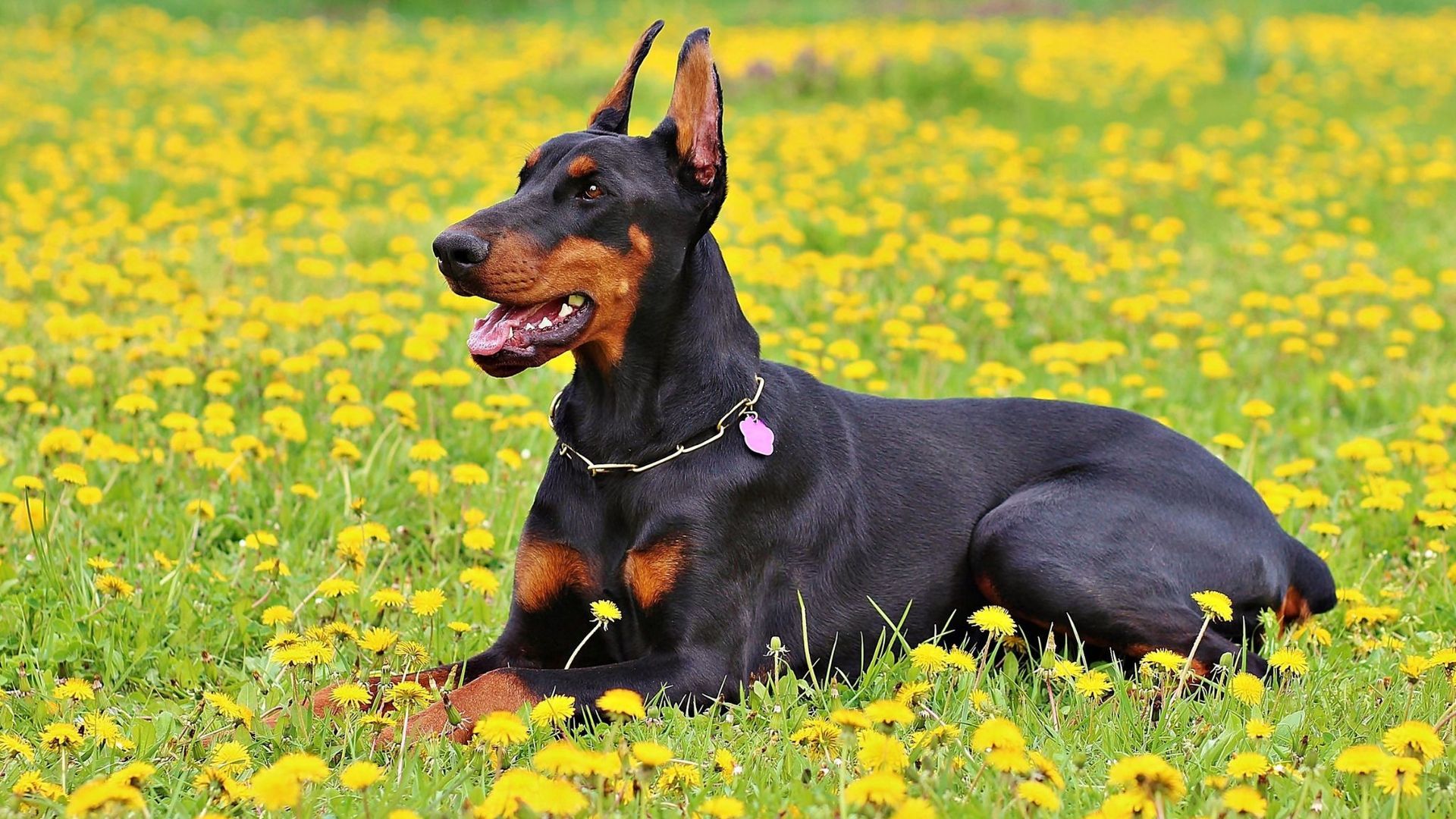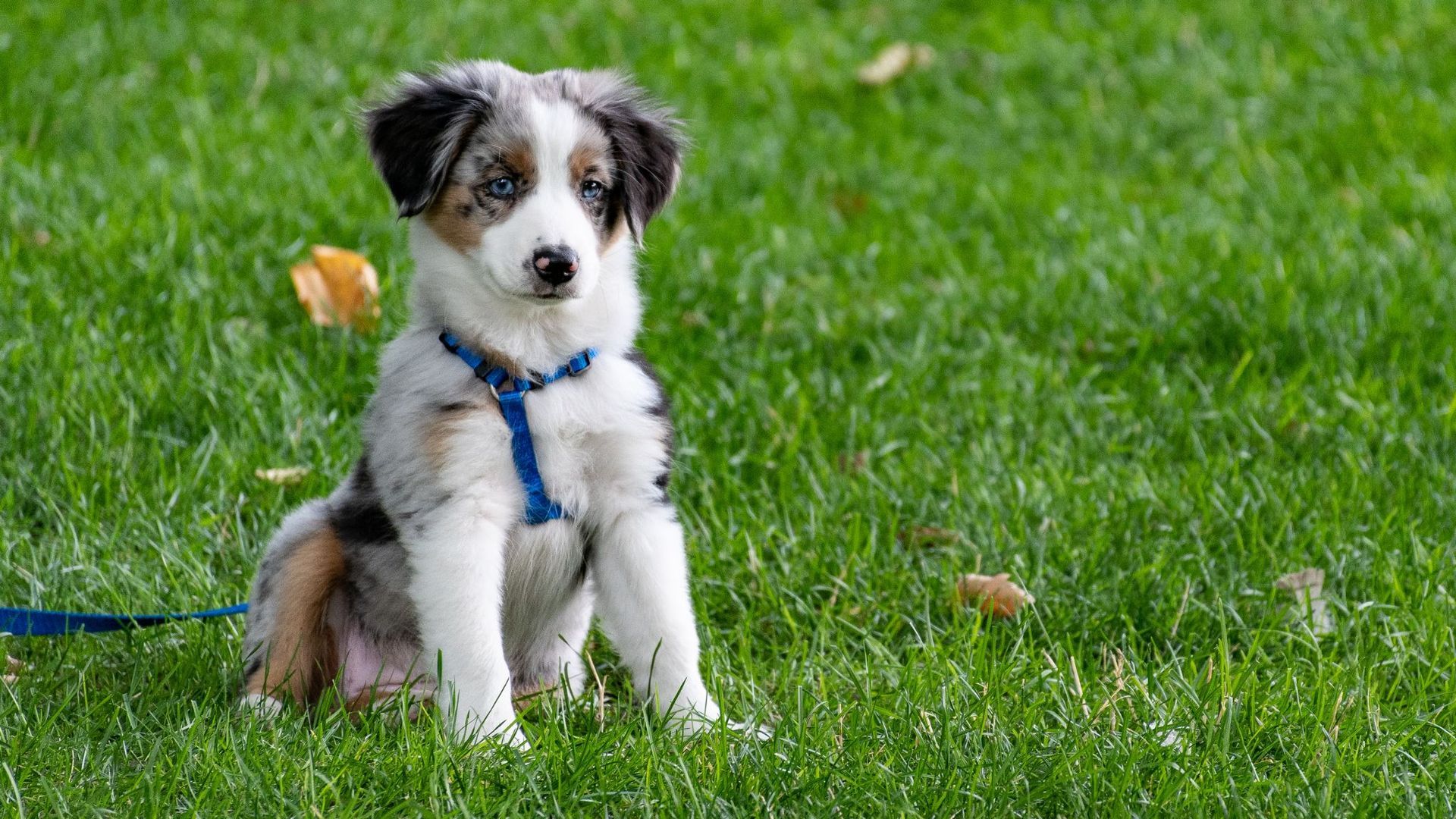
Managing your dog’s yeast infection can be challenging, but the right diet plays a crucial role in recovery. Dogs with yeast infections need targeted nutrition to restore their health, boost immunity, and curb overgrowth.
Understanding what triggers yeast infections and how to balance their diet is essential to keep symptoms under control and prevent future issues.
What is a Yeast Infection in Dogs?
A yeast infection occurs when Malassezia—a fungus naturally found on the skin—grows excessively. It typically affects areas prone to moisture, such as the paws, ears, and skin folds, leading to discomfort and irritation.
Common Symptoms:
- Persistent scratching and itching
- Redness, swelling, or greasy skin patches
- A distinct, musty odor
- Hair loss around affected areas
- Crusty, flaky skin or excessive ear discharge
If your dog displays these symptoms, it’s important to tackle the infection with proper care, starting with dietary adjustments.
Why Do Yeast Infections Occur in Dogs?
Yeast infections in dogs can develop when specific triggers disrupt the natural balance of their skin and overall health. Once you understand these common causes, you'll be better equipped to manage and prevent future outbreaks:
- Allergies impacting skin stability
- Moisture buildup in paws or ears
- A weakened immune system from illness or medications
- Gut bacteria imbalance caused by antibiotic overuse
- Hormonal fluctuations affecting skin condition
What Foods Help Yeast Infections in Dogs?
A carefully crafted, nutrient-rich diet can reduce yeast overgrowth and promote your dog’s recovery. Here are some ideal food options:
Lean Proteins (Chicken, Turkey, Fish)
Incorporating lean proteins supports muscle health while reducing carbs that can feed yeast. Cooked chicken or turkey can be added to meals for a balanced diet.
Leafy Greens (Spinach, Kale)
Rich in antioxidants, these greens help detoxify the body and support immune function. Add steamed greens to your dog’s meals for better absorption.
Coconut Oil
Known for its antifungal properties, coconut oil can combat yeast from within. Mix a teaspoon into meals or apply topically to affected areas for dual benefits.
Bone Broth
Bone broth is excellent for promoting gut health and reducing inflammation. Serve it as a topping or a hydrating treat during meals.
Plain Yogurt or Kefir
Probiotic-rich yogurt or kefir restores gut balance and boosts immunity. Add a spoonful to your dog’s food, ensuring it’s unsweetened and plain for optimal benefits.
Homemade Dog Food Recipe for Yeast Infections
If you prefer cooking for your dog, homemade meals allow full control over ingredients to ensure they’re healthy and yeast-friendly. A carefully prepared diet can avoid triggers like excessive carbs while boosting your dog’s recovery through nutrient-rich foods. Here’s a simple, balanced recipe to support dogs dealing with yeast infections:
Recipe: Yeast-Free Turkey & Veggie Delight
Ingredients:
- 1 lb ground turkey or chicken
- 1 cup steamed broccoli
- ½ cup pumpkin puree (unsweetened)
- 1 tbsp coconut oil
- ¼ cup plain yogurt
Instructions:
- Cook the turkey or chicken thoroughly.
- Lightly steam the broccoli to retain nutrients.
- Mix the cooked meat, broccoli, pumpkin, and coconut oil.
- Allow the mixture to cool, then top it with plain yogurt before serving.
This low-carb meal supports your dog’s gut health and immune system, helping prevent yeast overgrowth.
Foods to Avoid for Dogs Prone to Yeast Overgrowth
Certain foods can encourage yeast growth and are best avoided, especially for dogs prone to recurrent infections:
- Grains such as wheat, corn, and barley
- Starchy vegetables like potatoes, sweet potatoes, and peas
- Rice and other carbohydrate-heavy foods
- Any food containing sugar, honey, or syrup
- Processed dog foods with fillers, artificial flavors, and preservatives
- Dairy products (unless unsweetened plain yogurt or kefir)
A diet change to whole foods and very minimal carbs will put a stop to yeast infections.
Top Supplements for Dogs With Yeast Overgrowth
Some supplements will help prevent yeast infections by strengthening your dog's immune system and promoting a healthy digestive tract. Here are some of the best supplements for dogs suffering from yeast overgrowth:
- Probiotics to maintain healthy gut flora
- Omega-3 fatty acids from fish oil to support skin health and reduce inflammation
- Coconut oil for its antifungal properties, useful both topically and in meals
- Digestive enzymes to aid digestion and prevent gut issues
- Apple cider vinegar in small amounts to maintain pH balance
- Quercetin to reduce allergy-related inflammation
These supplements can be easily added to your dog's food to help control the yeast overgrowth.
How to Prevent Yeast Infections in Dogs
Preventing yeast infections requires consistent care and attention to your dog’s overall health. Here are some practical steps you can take:
- Regular grooming: Keep your dog’s skin and coat clean and dry, especially after baths or swimming.
- Dietary management: Stick to a low-carbohydrate, yeast-friendly diet.
- Address allergies: If your dog suffers from food or environmental allergies, work with your vet to manage them.
- Use antifungal products: Medicated shampoos, sprays, and wipes can be used periodically to keep yeast at bay.
- Frequent ear cleaning: Yeast thrives in moist environments, so regularly clean your dog’s ears to prevent infections.
You can greatly decrease the odds of yeast infections by being proactive in your dog’s health and environment.
Support Your Dog’s Health with the Right Diet at Brewerton Animal Hospital!
If your dog is struggling with a yeast infection, choosing the right diet is crucial for their recovery. At
Brewerton Animal Hospital, we will be more than happy to assist you in determining the best dietary modifications to control and improve your pet's condition. From tailored meal plans to professional advice, we’re here to ensure your dog receives the proper nutrition for optimal health. Don’t let a yeast infection worsen.
Schedule a consultation today, and let us help you restore your dog’s health through the right food and care!
SHARE THIS ARTICLE




